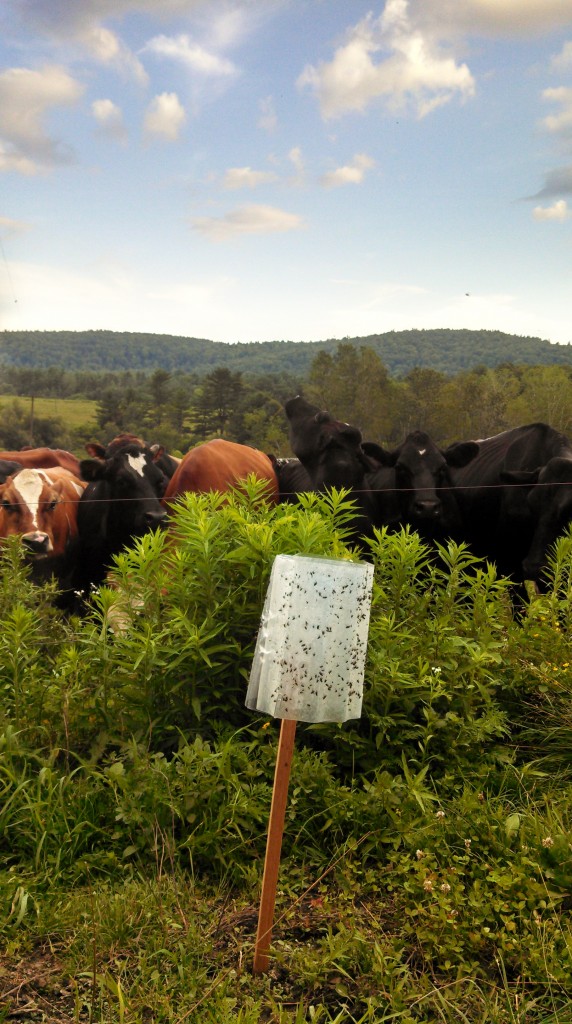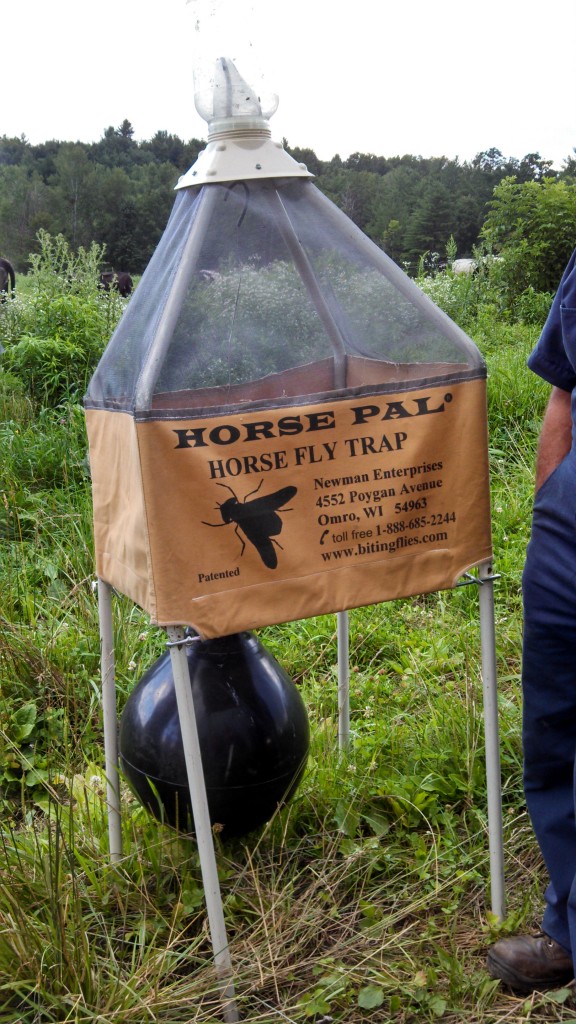Are you interested in controlling external pests and parasites organically? Check out this online copy of the Integrated Pest Management Guide for Organic Dairies!
It can be found at http://www.nysipm.cornell.edu/organic_guide/dairy.pdf.
“This guide provides an outline of practices for the management of external arthropod pests such as flies, lice, mites and grubs on organic dairy farms. Left uncontrolled, these pests negatively impact animal health and production.
While organic production has recently increased, information about how to farm organically is still in need of considerably more research. This guide compiles the most currently available information on dairy arthropod pests, but acknowledges that effective means of organic control are insufficient for some of these pests. As new information becomes available, it will be incorporated into future revisions of this guide. While critical to organic dairy production, this guide does not include information on nutrition, feed stocks, or internal parasites of dairy cattle.
This guide is broken into sections beginning with a brief overview of the certification process. Sections on fly management are broken down into those found in and around confined areas and shelters, as well as those found when cattle are on pasture. Each section reviews the biology and importance of each pest along with monitoring and assessment recommendations followed by pest management techniques. A separate section addresses management of lice and mange. Specifics on biological control, trapping, and pesticide options conclude the guide. This guide uses the term organic integrated pest management (IPM), which utilizes a series of decision-making steps to manage pests. To ensure success, dairy producers need to properly identify pests, understand pest biology, monitor pest populations, assess the need for control, and then reduce pest populations to acceptable levels through cultural, biological, mechanical, and chemical management techniques.”
For more information, you can contact Ashley at arp253@cornell.edu or (518) 272-4210.



